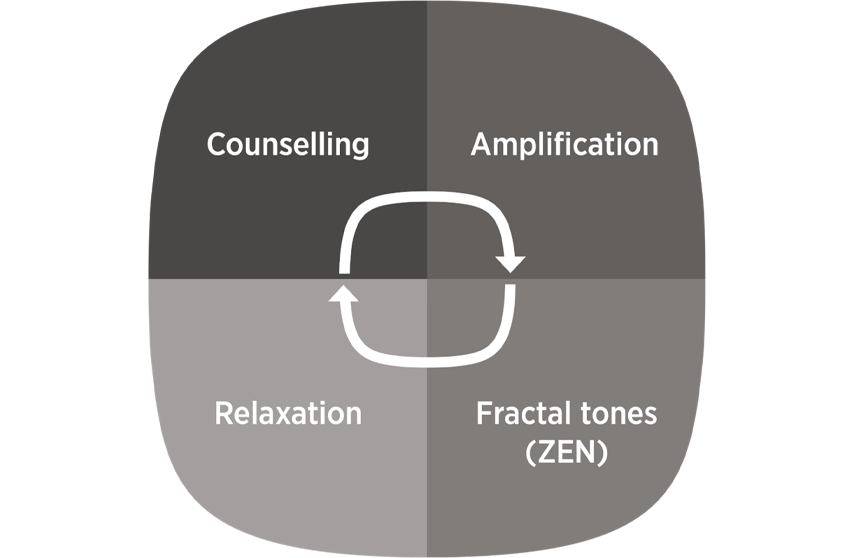TINNITUS
WHAT IS TINNITUS?
Tinnitus is a condition characterized by the perception of sound in the absence of an external source of sound. It is commonly referred to as “ringing in the ears,” but it can also be experienced as a buzzing, hissing, whistling, or clicking sound. Tinnitus can be constant or intermittent, and it can be perceived in one or both ears.
Tinnitus is a symptom of an underlying condition rather than a disease itself. It can be caused by a variety of factors, including exposure to loud noise, certain medications, ear infections, or underlying medical conditions such as hearing loss, head or neck injuries, or neurological disorders. In some cases, the cause of tinnitus is unknown. Tinnitus can be temporary or persistent, and it can be mild or severe, and it can significantly impact a person’s quality of life.
WHERE DOES RINGING IN THE EAR COME FROM?
Ringing in the ear, or tinnitus, can come from various sources. Some of the most common causes of tinnitus include:
Exposure to loud noise: Exposure to loud noise can damage the hair cells in the inner ear, which can lead to tinnitus.
Age-related hearing loss: As people age, their hearing may deteriorate, which can lead to tinnitus.
Earwax blockage: Buildup of earwax can cause pressure on the eardrum, leading to tinnitus.
Ototoxic medications: Certain medications, such as some antibiotics, chemotherapy drugs, and high doses of aspirin, can cause tinnitus.
Head or neck injuries: Trauma to the head or neck can damage the auditory system and cause tinnitus.
Meniere’s disease: This inner ear disorder can cause tinnitus along with vertigo and hearing loss.
Other medical conditions: Conditions such as high blood pressure, diabetes, and thyroid disorders can contribute to tinnitus.
It is essential to identify the underlying cause of tinnitus to determine the appropriate treatment. If you experience tinnitus, it is recommended to see a healthcare professional for evaluation and treatment.
WHAT CAUSES TINNITUS?
Tinnitus is caused by various factors, including exposure to loud noise, age-related hearing loss, earwax blockage, ototoxic medications, head or neck injuries, Meniere’s disease, other medical conditions, and stress/anxiety.
The condition is characterized by the perception of sound in the absence of external sound, and it can be temporary or persistent. It is important to identify the underlying cause of tinnitus to determine the appropriate treatment.


HOW TO STOP RINGING IN THE EARS
If you suspect that you have some form of tinnitus, the first step is to undergo a professional evaluation.
Some professionals offer Widex Zen Therapy to help you reduce the common negative effects of tinnitus, such as stress and sleep difficulties.
Widex Zen Therapy consists of four components that can be tailored to your individual needs.
HOW CAN I GET TINNITUS RELIEF NOW?
Music and Zen sounds can help you relax, reduce stress, and prevent your tinnitus from flaring up.
Our tinnitus management app, Widex Zen, offers comforting sounds to help you avoid complete silence, and reduces your focus on the tinnitus.
It’s also helpful for meditation and relaxation. Get started with the Widex Zen app for tinnitus management today.
“I have been suffering from tinnitus since 2014. After much searching on the web I found an audiologist who recommended your product and it has been a Godsend for me. I am now able to sleep at nights which has improved my quality of life! You cannot put a price on sleep. So thank you for this incredible life-changing product to help cope with my tinnitus!”
Ashraful Islam Rana.
Bangladesh
FIND OUT MORE
HOW DO I MANAGE MY TINNITUS?
If you’re looking for more tips, you can download our free ebooklet on how to manage your tinnitus.



